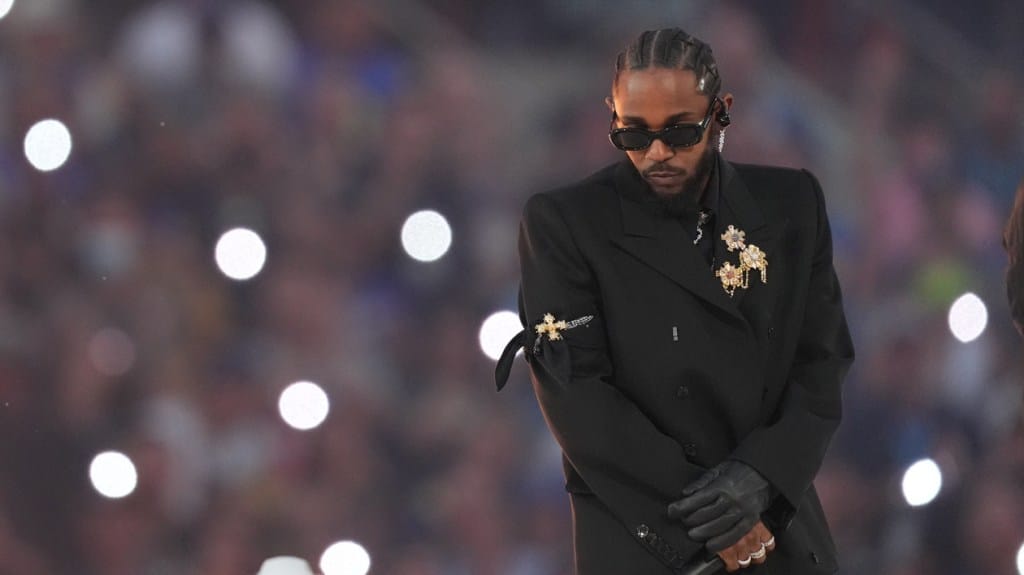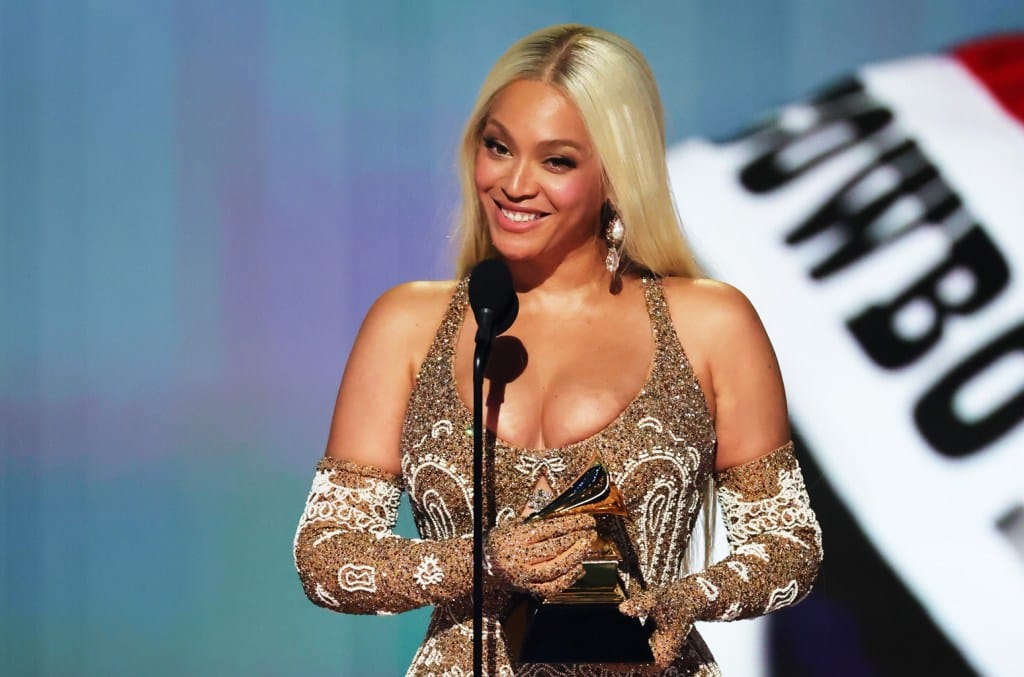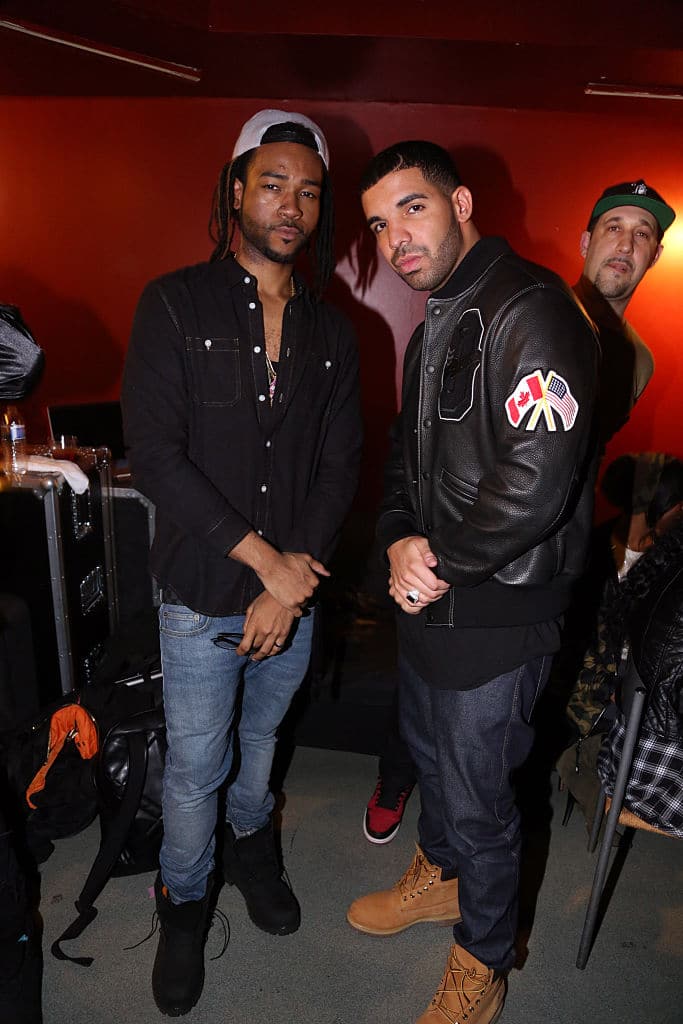With Drake Lawsuit Looming, Can Kendrick Lamar Play ‘Not Like Us’ at the Super Bowl?
Written by djfrosty on February 4, 2025

Will Drake’s pending defamation lawsuit stop Kendrick Lamar from performing “Not Like Us” during his Super Bowl halftime performance? Legal experts say it might — but that it really shouldn’t.
Under normal circumstances, it’s silly to even ask the question. Obviously a Super Bowl halftime performer will play their chart-topping banger — a track that just swept record and song of the year at the Grammys and was arguably music’s most significant song of the past year.
But these are very much not normal circumstances. Last month, Drake filed a lawsuit over “Not Like Us,” accusing Universal Music Group of defaming him by boosting the scathing diss track. The case, which doesn’t name Lamar as a defendant, claims UMG spread the song’s “malicious narrative” — namely, that Drake is a pedophile — despite knowing it was false.
Trending on Billboard
That pending legal action makes it fair to wonder: When Lamar steps onto the world’s biggest stage on Sunday night (Feb. 9), will he face pressure to avoid the whole mess by just skipping “Not Like Us” entirely?
He shouldn’t, legal experts say, and for a pretty simple reason: Drake’s lawsuit against UMG is a legal loser. “I don’t think the case is strong at all,” says Samantha Barbas, a legal historian and an expert in defamation law at the University of Iowa’s College of Law.
For Drake to eventually win the case over “Not Like Us,” he’ll need to show that Lamar’s claims about him are provably false assertions — meaning the average person would hear them and assume Kendrick was stating actual facts. Barbas says that’ll be tough for Drake to do about a diss track, where fans expect bombast and “rhetorical hyperbole” more so than objective reality.
“In the context of a rap battle, the average listener is going to know that the allegations aren’t to be taken seriously,” she says. “Taunts and wild exaggerations are par for the course.”
Another challenge for Drake is that he’s a public figure. Under key First Amendment rulings by the U.S. Supreme Court, a public figure like Drake must show that UMG either knew the lyrics were false or that the company acted with reckless disregard for the truth — a legal standard that’s intentionally difficult to meet so that rich and famous people don’t abuse libel lawsuits to squelch free speech.
“A high-profile public figure like Drake immediately enters the case with a high burden of proof,” says Roy Gutterman, the director of the Newhouse School’s Tully Center for Free Speech at Syracuse University.
UMG’s attorneys will also likely point to the fact that Drake himself made harmful allegations against Kendrick earlier in the same exchange of diss tracks, including that Lamar had abused his fiancée and that one of his children was fathered by another man. Were those defamatory statements of fact, or merely the exercise of artistic license within the conventions of a specific genre of music?
“Factoring in the context here — music and art within an ongoing dispute between rival musicians — he has an even tougher case,” Gutterman says.
So if Drake’s case is likely to eventually be dismissed, then there’s no reason for Kendrick to hold back on Sunday, right?
Not exactly.
For starters, Federal Communications Commission rules prohibit the airing of “obscene, indecent, or profane content” on broadcast television during primetime hours. To avoid those rules, Super Bowl halftime performers typically avoid curse words or overtly sexual material — something that would probably already preclude the “pedophile” line and other lyrics in “Not Like Us.”
Corporate legal departments are also famously risk averse, and often prefer to play it safe rather than potentially face expensive litigation, even if they’d ultimately win. That could lead any of the big companies involved here to put pressure on Kendrick to skip “Not Like Us.” His label, UMG, has vowed to fight back against Drake’s “frivolous” lawsuit, but might not want to add complications mid-litigation; the game’s broadcaster, Fox, or the NFL itself might worry about getting added to the suit as defendants.
Gutterman said it would be “a significant stretch of liability law” for Drake to successfully sue Fox or the NFL simply because Kendrick played “Not Like Us” at the halftime show. But in practice, that might not be how their in-house attorneys are thinking about it.
“The threat of litigation can have a chilling effect on speech,” Barbas says. “The safe thing to do is not to publish or broadcast.”
Reps for Lamar did not return a request for comment on whether he’ll perform the song. The British tabloid newspaper The Sun, citing anonymous sources, reported last week that Kendrick has faced pressure to skip the track but plans to perform it anyway and “won’t be silenced.” But that report could not be confirmed by Billboard and was not widely re-reported by other outlets.
Asked whether they have a position on whether Lamar plays the song, reps for UMG, Fox, the NFL and Roc Nation (Jay-Z’s company that produces the halftime show) all either declined to comment or did not return requests for comment.
When the show kicks off on Sunday night, the most likely outcome is probably somewhere down the middle: That Kendrick plays the song’s already-iconic instrumental hook and perhaps some of the lyrics, but skips any of the portions that are directly at play in Drake’s lawsuit.
“It wouldn’t be surprising,” Barbas says, “if the challenged lyrics are changed.”

 State Champ Radio
State Champ Radio 





